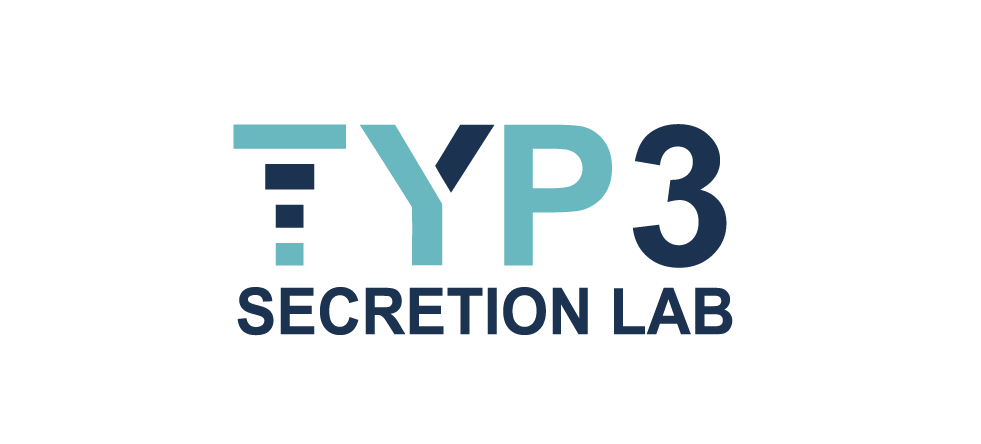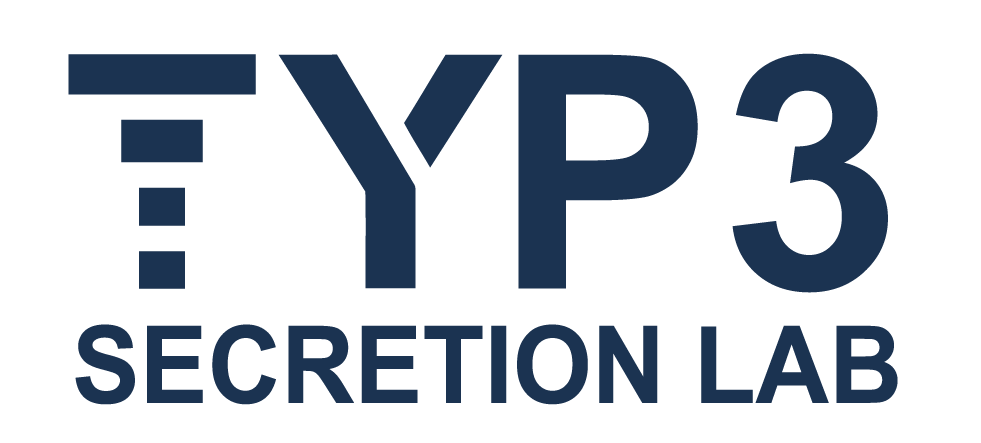
The ability of Salmonella to persist outside its animal hosts is a critical trait that enables this pathogen to occasionally contaminate fresh produce, leading to food-borne disease outbreaks. In the last decade, the ability of human enteric pathogens to exploit plants as alternative hosts has emerged as an important area of research. It has become clear that Salmonella not only passively survives on or within plants, but also actively infects them. However, although Salmonella interactions with animal hosts or animal host cells have been studied intensely, little has been done on the characterization of Salmonella interaction with plants hosts. Common features have been identified between these processes, such as the use of certain molecular mechanisms like type III secretion systems, or the way animals and plants detect this pathogen. However, how can Salmonella successfully infect hosts as diverse as humans and plants, is still poorly understood. Much is yet to be learnt about the mechanisms employed by Salmonella to infect plants, and research aimed to investigate these mechanisms is on high demand. Such studies will lead to improved understanding of the evolution of host specificity and will have important impacts on risk assessment and food protection. Thus, the general goal of this project is to identify and characterize the genes involved in Salmonella colonization of an economically relevant plant host, tomato (Solanum lycopersicum). Tomato is a very relevant species in horticulture, particularly in Andalucía, and a model organism for plant immunity and molecular biology in general. Our specific objectives include the identification of Salmonella genes responsive to tomato signals, the characterization of gene expression patterns at a single cell level, and the use of mutants to understand their role in the colonization of tomato. The extensive, combined experience in the fields of Salmonella pathogenesis and plant pathogenesis of the scientists behind this proposal are perfectly fitted for this purpose.
Code
UMA18-FEDERJA-070
Duration
15 noviembre 2019 – 14 noviembre 2021
Funding agency
FEDER Andalucía
Principal Investigator
Javier Ruiz Albert & Eduardo Rodríguez Bejarano
Participants
Diego López Marquez
Carmen Beuzón López




